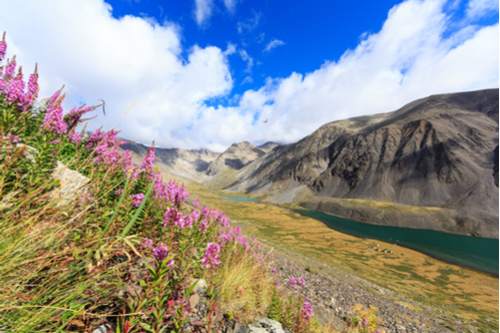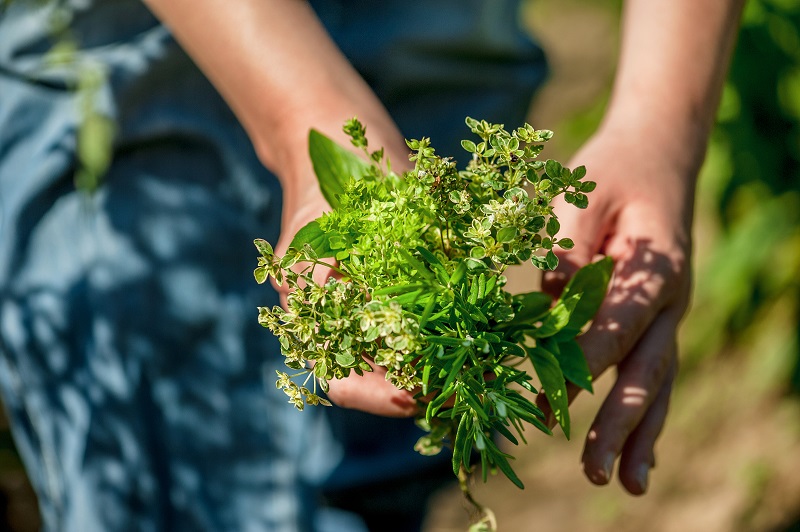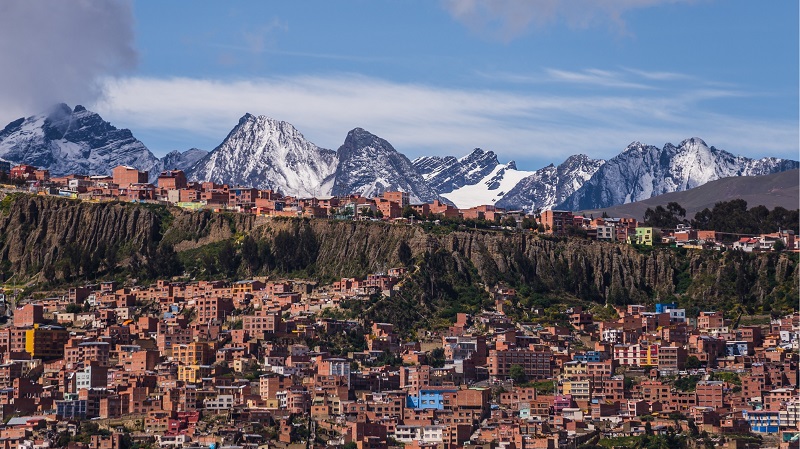Introduction
In the past several decades, the earth has been suffering from a change in climate that has affected all life forms. An area of particular interest to Yellow Emperor is how climate change has affected the cultivation and sustainability of herbs because we are part of the community that relies on herbs that are grown in different areas of the world such as China and South America. Many of the herbs used in the products we make can only be grown in specific climates or conditions, so it is important to acknowledge how climate change will affect the natural product industry now and in the future.
The use of medicinal herbs is an important part of history, culture, and economy in countries all over the world. Many herbs were used by ancient civilizations and these traditions have been passed down through generations and are still very prevalent today. The natural product industry is unique in that it relies on the cooperation of different countries and cultures to provide herbs. This implies that if there is a shortage of an herb one year, many different people, communities, and businesses will be affected.
Effects on Culture and Economy
Some herbs can only be grown in specific areas of the world, so with the climate changing, the growth of herbs – and thus an important aspect of culture and economy – is at risk (Herbal Gram 2009). One example of an herb that plays an important role in culture and economy is Maca Root or Lepidium meyenii. Maca is an herb primarily grown in the high Andes of Bolivia and Peru, and is known for its extensive healing properties. Different cultures have used maca for various reasons, primarily to aid in sexual and reproductive health, but also as a currency for trade.
However, maca can only grow in harsh conditions, such as in the high Andes mountains, so it is important for South American culture and economy that the herb can continue to grow there (Herb Affair 2015). If climate change significantly affects the growth of herbs in the Andes mountains, many South American cultures will lose an herb that is integral to their economy, their medical treatments, and the livelihoods and culture and of the people who grow and consume it.
Sustainable Cultivation
The effects of climate change on herb growth has led to the scientific community and “big data” companies performing research in South America to use knowledge about climate change patterns so that farmers can still yield the desired amount of crops (ABC News 2017). Not only has climate change affected the growth of herbs, but it has also led to a new movement in sustainable farming and harvesting. Sustainable farming refers to harvesting practices that perpetuate regeneration and regrowth of the plants. When climate change is affecting yield and growth, it is important for the farmers to harvest the herbs in a way that combats these changes as much as possible. However, sustainable farming requires education and even equipment that might not be accessible for some farming communities, especially those located in remote areas, such as in the high Andes where many herbs, including maca root, are grown.
Effects on Natural Product Industry
An additional impact of climate change on the natural products industry is that GMP standards only require that an herb be of the correct genus and species, and does not specify that it must be of therapeutic or medicinal quality. Not only will climate change affect the growth of the herbs, but it can also affect the quality. In the United States, the herbal medicine communities could be hurt by the fact that they are receiving herbs that are not of the best quality. Not only is Yellow Emperor working hard to ensure that all the herbs we use are of the highest quality, we are taking threats to the industry very seriously. The Natural Products industry is facing many problems from climate change starting from the cultivation of the herbs and reaching all aspects of herb sustainability, preservation, quality, and economic and social effects. Yellow Emperor will continue researching and focusing on what we can do to improve the industry and respect all communities that are affected by climate change.
Sources:
http://www.abc.net.au/news/rural/2017-11-16/big-data-farm-award-helping-to-tackle-climate-change/9156844http://cms.herbalgram.org/herbalgram/issue81/article3379.html?
Issue=81&ts=1514471472&signature=8770fe83fd390249ae4e7be3f5c72c4c&ts=1515506847&signature=05fd172b5
bacd0caa0aa275673262e92https://www.herbaffair.com/blogs/blog/origins-and-history-of-maca-root








